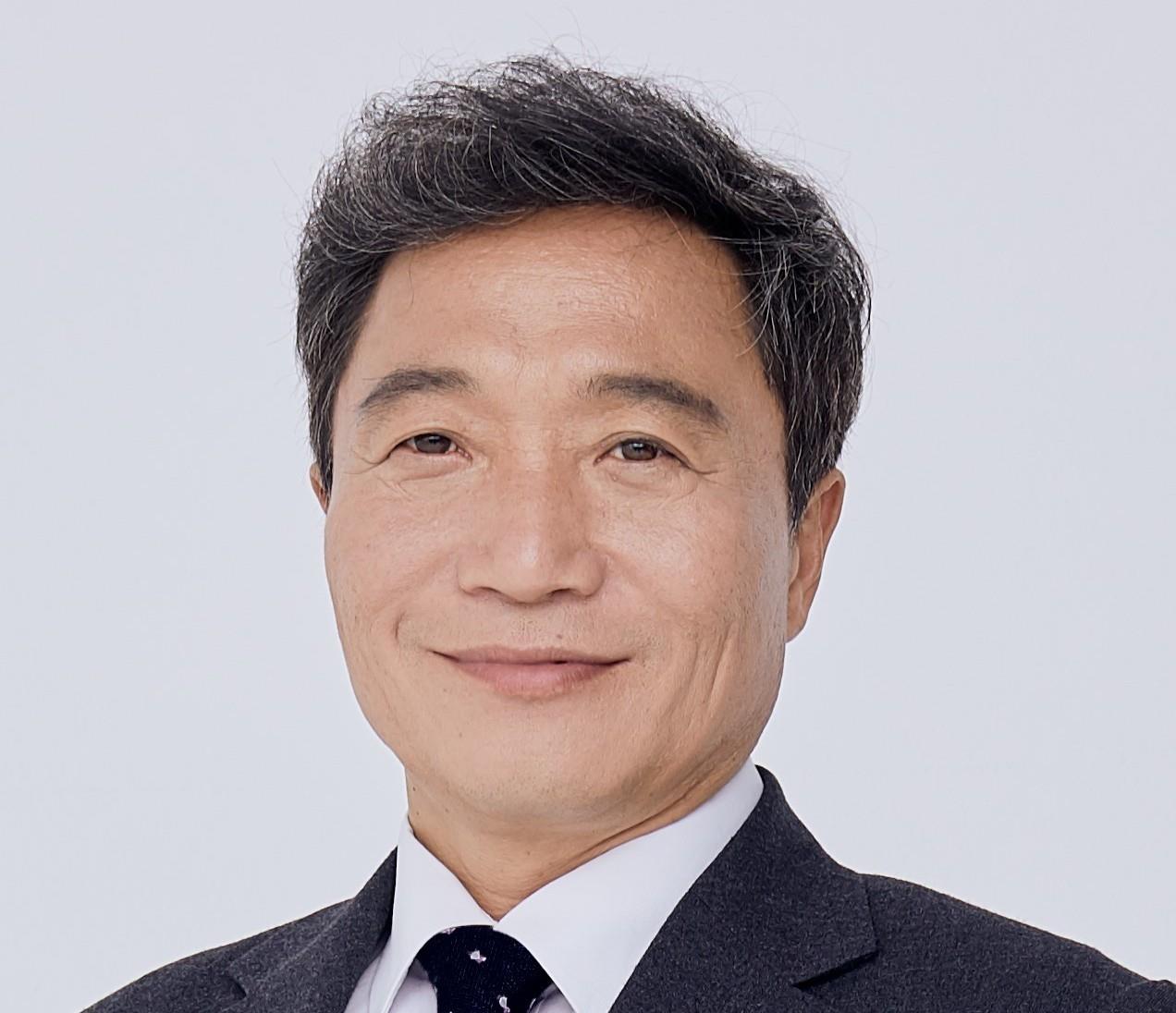The newly appointed chief executive officer of Incheon International Airport, Lee Hak-jae, is making cargo development one of the key priorities of the South Korean gateway.
In his inaugural speech, Lee highlighted his plans to boost Incheon Airport's cargo operations in a bid to establish Incheon as a global logistics hub.
"Due to the post-pandemic era and digital innovation, we are encountering a tremendous transformation in our business management environment," he said, noting that the airport is entering a phase of transformation.
The new Incheon Airport chief executive also signalled his commitment to creating a 'smart logistics cluster' — while promising to transform Incheon International Airport into a "global integrated mega hub."
The initiative will prioritize several key areas, such as the development of a smart cargo terminal, a Joint Distribution Center for Small and Medium-sized Enterprises (SMEs), expansion of the global network, and the attraction of air cargo and logistics specialists, including e-commerce and 3PL companies.
Smart Cargo Terminal Project
Through Business Process Reengineering (BPR), the airport is partnering with Korean Air and Asiana Airlines to formulate future operating processes for the smart cargo terminal.
Lee said these new procedures would integrate Fourth Industrial Revolution technologies, such as unmanned robots, artificial intelligence, big data, and autonomous driving.
A pilot project set to be operational by 2027 will assess the suitability of IT technology for cargo terminal operations and steer the development of a smart cargo terminal.
Incheon Airport will also prioritise global network expansion to boost cargo volumes.
As of December 2022, the airport's cargo-dedicated routes connect to 107 cities across 43 countries via 25 airlines.
Connections include 20 locations in China, 6 in Japan, 10 in Southeast Asia, 27 in North America, 5 in Central and South America, and 18 in Europe.
Including passenger flights, Incheon Airport's air network offers uninterrupted connections to 152 cities across 53 countries year-round.
 Newly appointed CEO of Incheon International Airport, Lee Hak-jae.
Newly appointed CEO of Incheon International Airport, Lee Hak-jae.
[Source: Incheon International Airport]
In a concerted effort to expand the new network and boost cargo volume, Incheon International Airport is also extending various incentives to airlines — which range from subsidies covering up to 100% of landing fees and actual marketing expenses for two years, particularly for those who are newly incorporated, initiating new routes, or undertaking nighttime operations.
The airport is also providing additional benefits to airlines that demonstrate an increase in cargo volume.
In partnership with 12 airlines, Incheon Airport is also conducting informative sessions and running online joint advertising campaigns to attract a larger cargo volume.
"Moving forward, Incheon International Airport is committed to crafting robust strategies for cargo transport network expansion. Through strategic collaborations with global companies, the airport aims to consolidate its position as a global hub, propelling itself into a new chapter in logistics operations," the airport said.
Incheon International Airport noted that it is also making significant strides in enhancing the logistics capabilities of SMEs.
It said that in partnership with Korea SMEs and Startups Agency (KOSME), the airport has been committed to developing a Joint Distribution Center — specifically designed to serve e-commerce businesses and SMEs, boosting the airport's mission to enhance SMEs' air freight logistics competitiveness and support their global expansion.
The Joint Distribution Center is scheduled to break ground in the latter half of next year and will occupy approximately 25,400 square meters within the airport's second logistics complex.
It will be equipped with smart logistics equipment and aims to offer a comprehensive suite of export-related services to e-commerce enterprises and SMEs.
Attracting specialist air cargo, logistics
Incheon International Airport is also intensifying efforts to attract specialized air cargo and logistics companies, paying particular attention to the flourishing Asia-Pacific air cargo market.
Citing IATA's figures, the airport noted that as of 2022, the Asia-Pacific region holds the largest share of the global air cargo market with a stake of 32.4%, successfully positioning itself as a global leader in the air freight logistics industry.
It added that, notably, Northeast Asian countries have emerged as significant contributors to the Asia-Pacific air freight industry, accounting for approximately 60% of the total regional volume.
"Incheon International Airport’s strategic location, connecting major cities in China, Japan, and Southeast Asia, could be considered as one of many advantages that Incheon International Airport provides for logistics companies," the South Korean gateway added.
"Moreover, the airport boasts the most economical operating costs in the region, including ground handling fees and landing fees, when compared to other major regional airports," it added.
Incheon Airport said its Free Trade Zone provides the swiftest customs procedures among all World Customs Organization (WCO) member countries.
"In the future, Incheon International Airport is projected to continually draw global logistics companies to its second logistics complex," the gateway said.
It added that currently, the airport is engaging in productive discussions with various global third-party logistics companies (3PL).
"By continuously investing in the development of logistics infrastructure and networks, Incheon International Airport aims to adapt to evolving air cargo market conditions and establish itself as the world's leading air cargo hub," Lee Hak-jae said.
The newly appointed CEO of Incheon International Airport has previously served as the mayor of Incheon Metropolitan City's Seo-gu Office and was a three-term member of the 18th to 20th Korean National Assembly.